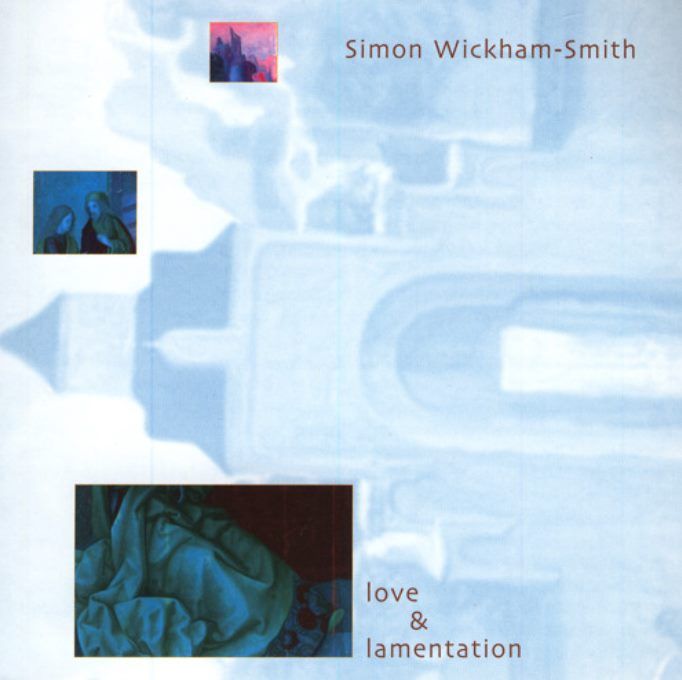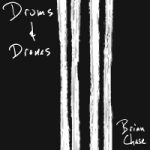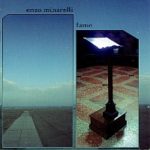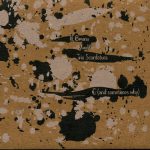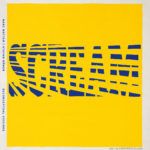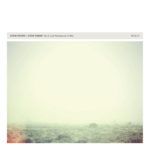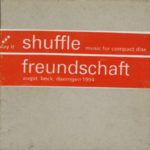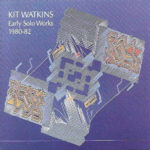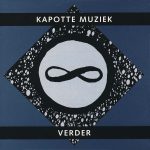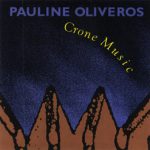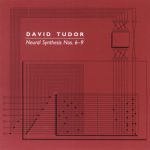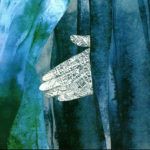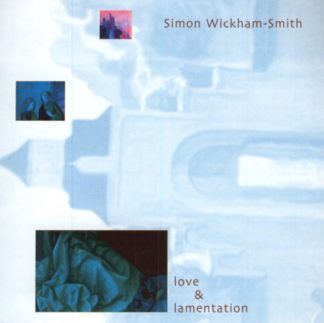Love And Lamentation
14,00 € VAT Included
In stock
“Simon Wickham-Smith was born on the south coast of England in February 1968 and graduated from King’s College, London in 1990 with a degree in English Literature. Whilst at university, he met Richard Youngs and from that meeting developed a friendship which has produced more recordings than he cares to remember. As a solo performer, he has played in Australia, Belgium, Finland, France, Holland, Lithuania, the UK and the US and his work has been released on labels in Australia, New Zealand, the UK, and the US. Not satisfied with making music, he has also been a Buddhist monk in the Tibetan tradition, and is also a translator and scholar of Mongolian and Tibetan literature(…) Love and Lamentation started life as a setting for voice and electronics of part of the biblical Book of Lamentation, but it quickly became clear that the literal setting of words was not going to convey the melancholic intimacy that needed to be expressed. As a teenager Wickham-Smith had heard Alain Gheerbrant’s wonderful ethnomusicological recordings of a blind Turkish troubadour and had fallen hopelessly in love with his voice and exquisite playing of the saz. About the same time, through his friend Richard Youngs, he had discovered also the ex tempore psalm singing of the Scottish Isle of Lewis. Fifteen years later, he decided that these two could be made somehow to work together to show the love and lamentation which he felt they both held in their deeper recesses, and which he wanted to present in this new piece. The result is a strange melée of feelings, repetitions and textures. From time to time we hear a somewhat bizarre percussion sample, which he had first worked on in 2000. Part 3 opens with an offcut from an unreleased (and now never-to-be-released) piece from 1999 called Deaf Piano. Veysels voice starts the piece and revolves through Part 2 in a kind of hippy trance love-in fashion. The congregation from Lewis sing their melancholy in a sparser and maybe wilder way and die slowly away into the distance at the close.”

